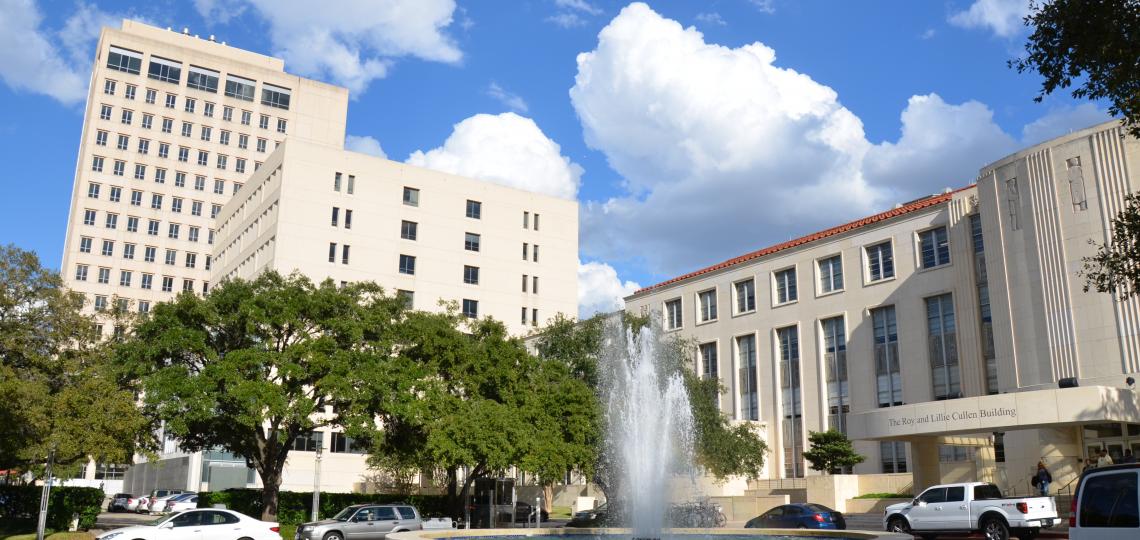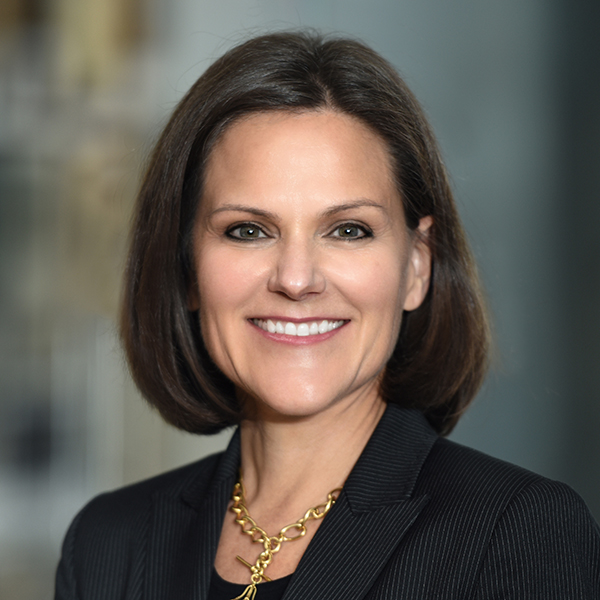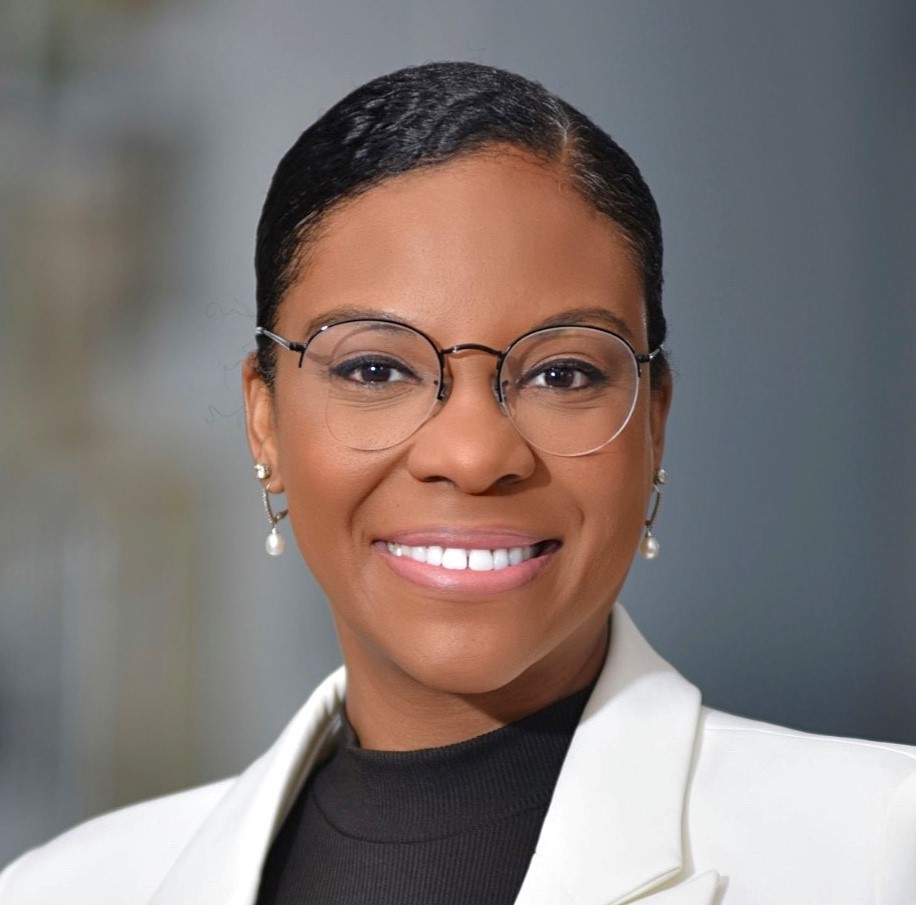
The Ombuds Office is a confidential place for students, trainees, faculty, and staff to express concerns, resolve disputes, manage conflicts, and increase communication skills. The ombuds is available to discuss any issue of concern, including interpersonal conflict or misunderstandings, and academic or administrative concerns.
Reach out to the Ombuds Office as a first step, a last resort, or at any point along the way. You may also reach out anytime you would like to discuss something confidentially and aren’t sure where to go.
At the visitor’s option, the ombuds is happy to listen, to offer feedback, or to assist in developing alternatives for addressing concerns and problems. Where appropriate, the office supports systemic changes (e.g. through providing feedback to College leadership about trends, policies and procedures, and systemic issues) to achieve this.
The ombuds does not replace any formal College channels (e.g. regarding complaints or grievances). Communication to the ombuds does not constitute notice to Baylor College of Medicine. The ombudsman does not make binding decisions, mandate policies, or formally adjudicate issues. The ombuds does not provide legal advice; communication or information provided by the ombudsman does not constitute legal advice.
Learn More About the Ombuds Office:
The Ombuds Office is located in BCM-N205 and a confidential phone line (713) 798-5039 is available. The ombuds holds all communications in strict confidence, is not part of any formal Baylor process, operates independently and keeps no formal written records.
If an individual chooses to communicate with the ombudsman, that individual will be considered to have agreed to abide by the Office of the Ombudsman Policy (Baylor login required). Visitors also agree not to tape, video, record or otherwise reproduce communications with the ombuds.
Meet the Ombuds

Melanie Jagneaux, J.D., M.B.A.
Executive Director, Ombuds Office
Baylor College of Medicine

Alicia Booker
Principal, Ombuds
Baylor College of Medicine








